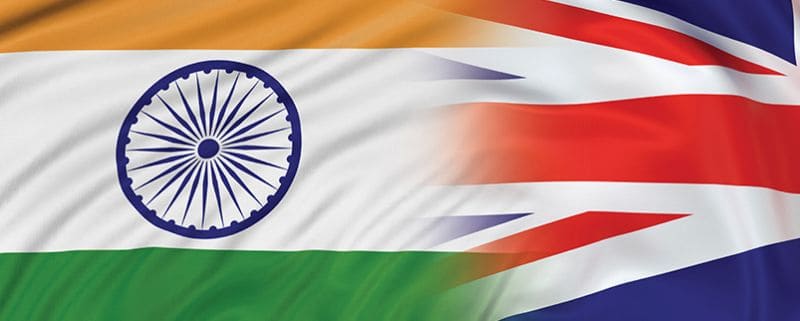LONDON: The UK-India Strategic Group on Antimicrobial Resistance (AMR) Research held their second meeting in New Delhi on Thursday to discuss mutual research priorities to tackle AMR, an increasingly serious global threat. They also assessed progress made by the UK-India partnership in AMR, since its launch last November by the UK Minister of State for Universities, Science, Research and Innovation Jo Johnson and Indian Minister for Science & Technology, Minister of Environment, Forest and Climate Change and Minister of Earth Sciences, Dr Harsh Vardhan.
The UK-India AMR collaboration is led by the UK Research Councils and India’s Department of Biotechnology (DBT). Both RCUK and DBT are nodal agencies coordinating this initiative with other research funding partners in India like the Department of Science and Technology, Indian Council of Social Science Research, Indian Council of Medical Research, Indian Council of Agricultural Research and the Ministry of Environment, Forests and Climate Change.
The strategic group commended the progress, which has since its first meeting in November 2016, successfully commissioned a mapping report on Antimicrobial Resistance (AMR) Research in India, which was released by the UK Minister of State for Universities, Science, Research and Innovation Jo Johnson and Indian Minister of State for Science & Technology and Earth Sciences Shri Y S Chowdary at an event in New Delhi last week. Also present at this event were Sir Venkatraman Ramakrishnan, Nobel laureate and President of the Royal Society, Professor K VijayRaghavan, Secretary DBT and Sir Dominic Asquith KCMG, British High Commissioner to India.
The report is available on the RCUK India website.
Both Ministers welcomed the joint report and the RCUK – DBT partnership addressing AMR. The report identifies gaps in our understanding, especially in countries with high disease burdens, and highlights that we can use multi-disciplinary research to fill key areas of potential action including the environment, industrial waste, farming practise, and how people use and understand valuable antibiotic drugs.
The strategic group also welcomed AMR research experts from the UK and India who will be participating in a UK-India sandpit-style workshop this week to develop outline proposals for AMR research. This workshop is organised by RCUK and DBT from 7th – 10th November in Delhi NCR, and will serve as a platform to build interdisciplinary research teams and joint outline proposals for research into various aspects of AMR.
Up to £13 million joint funding, under the Newton Bhabha Fund, will be utilised on projects funded as a result of this workshop.
Professor K. VijayRaghavan, Secretary, DBT said: “The challenge AMR poses is enormous from India’s perspective because it revolves not only around the use of antibiotics, but also around enforcement, industrial waste and use of antibiotics in the livestock industry, all of which, in turn, affects the food chain and public water supply, thereby causing major health risks. Our research efforts are addressing the detection, diagnosis and prevalence of AMR. Our international partnerships are crucial to help scale up these efforts.”
Professor Stuart Taberner, Director of International and Interdisciplinary Research, RCUK, said: “Global challenges such as AMR can be addressed by strong, collaborative research partnerships, such as the one the UK-India are demonstrating through various initiatives in AMR. While the joint mapping report identifies gaps in our understanding, I am hopeful that some of proposals that will be developed at the interactive workshop will help address these gaps.”

